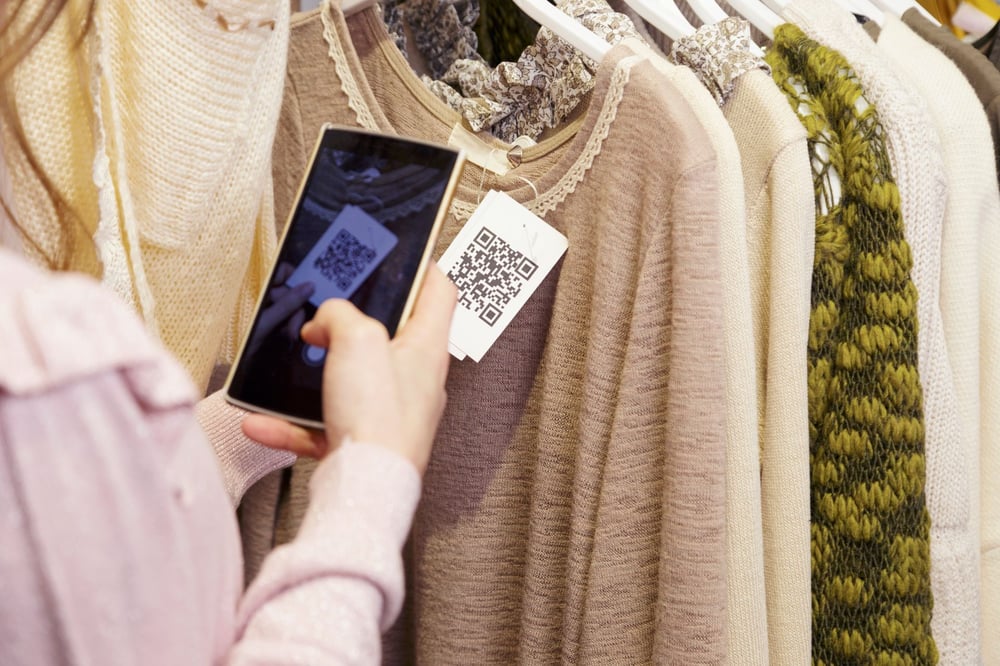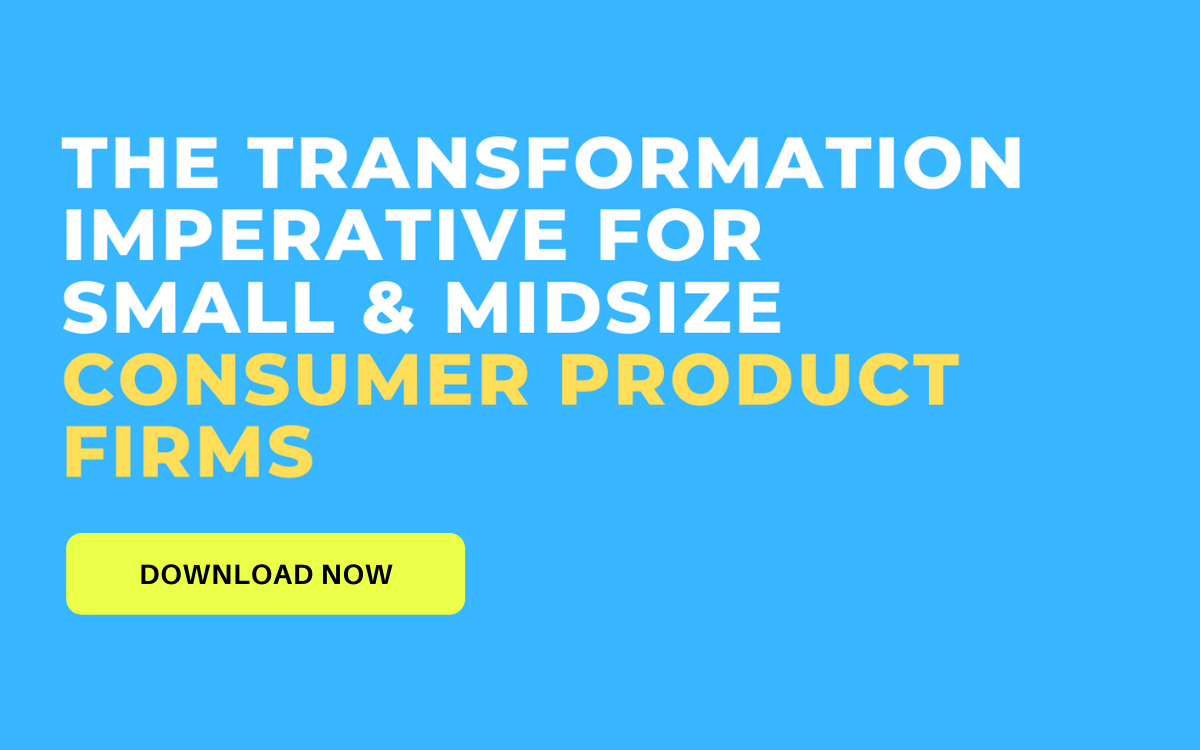As a retail SME, you’d have industry-specific business needs that can only be met with software solutions with specific features and functionalities.
While you can acquire different types of software products to address each of these retail-specific needs, you may end up with disparate systems which are unable to share critical data with each other.
This results in data silos in each of your business functions, which prevents you from obtaining real-time insight into your business processes.
In these circumstances, an ERP software is the ideal choice of solution for SMEs in the retail industry, such as yours.
That’s because you can integrate third-party add-ons with the ERP software, extending it with the required features and functionalities to resolve your retail-specific business needs.
The integration will also eliminate data siloes caused by having disparate systems for resolving each retail-specific need, and give you real-time visibility into the entirety of your retail SME.
Let’s take a look at some business functions that are critical to retail SMEs like yours, and how an ERP software can help you optimise them through built-in capabilities or integrated third-party add-ons.
1. Inventory and Warehouse Management With WMS

A big part of the daily operations in a retail SMEs like yours would be centred on managing your inventory.
As such, retail SMEs like yours need a real-time and accurate view of your stock to meet customer demand, and manage expenses efficiently.
To achieve this, you should choose an ERP software with a robust inventory management module, like SAP Business One.
This would help you better manage critical retail processes like:
- Managing inventory quantity (stocking)
- Optimising inventory levels
- Managing material movements
- Handling expired inventory
The inventory management module of the ERP software should also enable automated procurement and end-to-end order management.
This would help you optimise your inventory control by quickly replenishing depleted stock, and phase out obsolete and/or unpopular stock effectively.
You can further extend the inventory management capabilities of an ERP software by integrating a warehouse management system (WMS), and give your warehouse employees the means to easily update inventory levels using handheld barcode scanners.
If you’d like a recommendation for a WMS solution, AFON has partnered with Tasklet Factory to offer an integration of its Mobile WMS software with an implementation of Microsoft Dynamics 365 Business Central.
2. CRM With 3rd-party Solutions
.jpg?width=1000&name=CRM%20with%20Third%20Party%20Solutions%20(1).jpg)
As a retailer, you have to maintain a close relationship with your customer base, keeping in mind their preferences, feedback, and pain points.
To effectively foster healthy customer relationships, and thus secure the repeat business that will help your retail SME grow, you need a solution which brings customer relationship management (CRM) capabilities to the table.
With this, you’ll be able to record all your customer interaction across various channels, be it email, website interactions, customer support calls, and more.
Some of the ways these CRM capabilities help you optimise your business include:
- Helping you understand customer buying habits
- Enabling you to provide personalised customer service
- Enhancing customer loyalty with tailored customer engagement
- Rewarding customer loyalty with membership programs
While most ERP software come with basic built-in CRM features, they can easily integrate with third-party CRM software to extend the capabilities of both solutions.
3. Sales Transactions With POS Systems

A retail SME like yours is almost certainly reliant on a point-of-sale (POS) system to record details about every sale they make.
To help your sales staff provide the best service to your customers, your POS system should supply real-time, relevant customer information including, but not limited to:
- Purchase history
- Customer information
- Product details
- Availability of products
Typically, an ERP software does not come with POS functionalities. However, the ability to integrate well with third-party POS solutions make them a good fit for businesses in the retail industry.
By integrating your POS system with an ERP software, you connect your front-end retail location with your back-end, and eliminate data silos preventing you from getting real-time insights into your sales performance.
Such an integration also makes it possible for you to automate retail-related processes such as:
- Item lookups
- Automated price calculation
- Automated inventory update
- Automatic records update for Barcode scanning and receipt printing
- Remote sales transactions by making use of mobile POS devices
- Speedy checkout
Should you be interested in a recommendation for a POS system, AFON has partnered with EPOS Singapore to offer an integration of its POS software with any ERP software.
4. Omni-channel Retail With E-commerce Solutions

Since the COVID-19 pandemic, retailers worldwide have jolted into a reality where digital transformation and e-commerce are the way to go.
Online retail is getting increasingly mainstream, and thus it is a given that your ERP software should be capable of integrating with third-party e-commerce software to enable online retail for your business.
You can take it a step further by using your ERP software to integrate your brick-and-mortar stores and e-commerce platforms with your integrated CRM and POS solutions.
Such an integration would enable your retail SME to provide an omni-channel retail experience for your customers, as you’d now be able to:
- Update inventory data and customer data across all sales channels
- Provide a seamless customer experience across all your channels, be it online shopping or in-store purchases
- Consolidate data for better customer insights
Should you be interested in integrating an e-commerce platform with your ERP software, AFON has partnered with Sana Commerce to provide a powerful B2C and B2B solution that can integrate with both SAP Business One and Microsoft Dynamics 365 Business Central.
ERP Software Optimises Multiple Functions Critical To The Retail Industry
.png?width=1000&name=How%20ERP%20Software%20Can%20Value-add%20Your%20Retail%20Business%20(1).png)
When operating in the retail industry, you should be keen on optimising the processes that are especially key to the profitability and financial health of your business.
While there are many software solutions which are designed to optimise one key function of your retail SME or other, only an ERP software can integrate all of them to provide a single platform which resolves all of your retail-specific business needs.
Thus, you should choose an ERP software that is flexible enough to extend its capabilities through integrations, and then select the third-party solutions that are both suitable for your day-to-day operations and can be integrated with your ERP software of choice.
But while adopting the right software solutions is key to optimising the key functions of your retail SME, you also need to undertake comprehensive organisational change to complete a successful digital transformation of your business as well.
To find out why, click the image below to download your free copy of the Digital Transformation Executive Study carried out by Oxford Economics and SAP.




